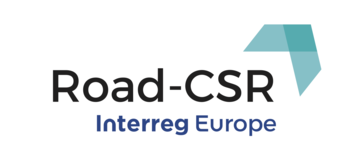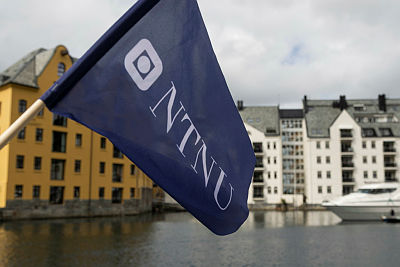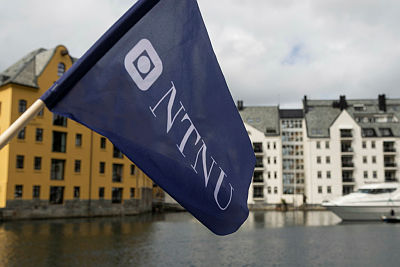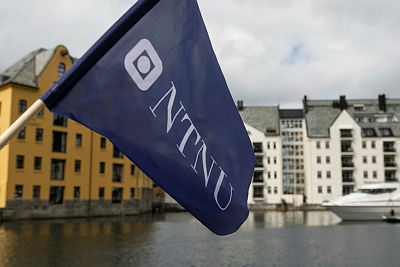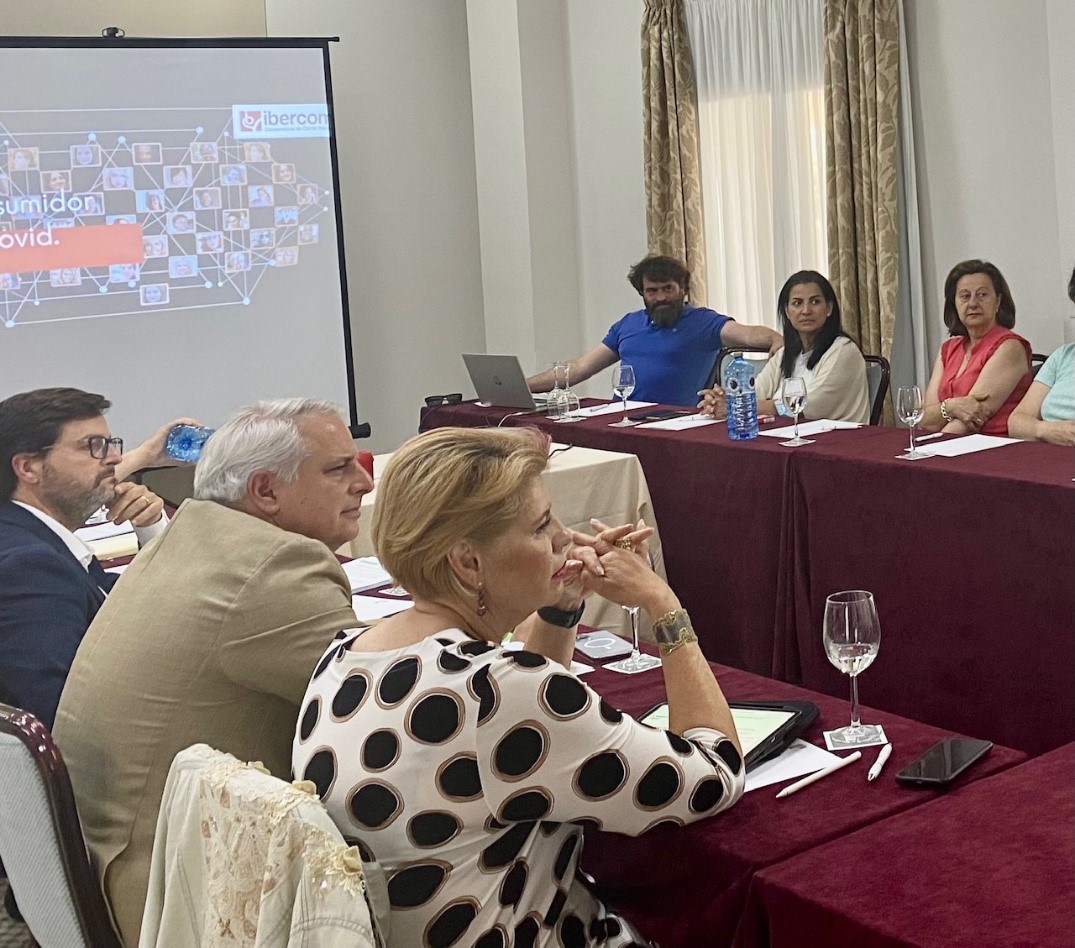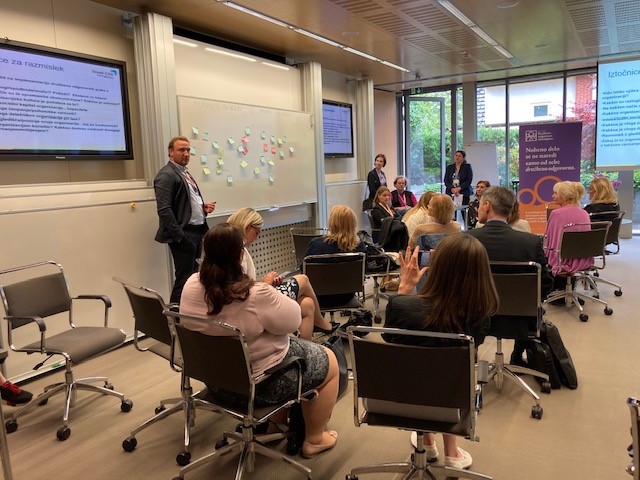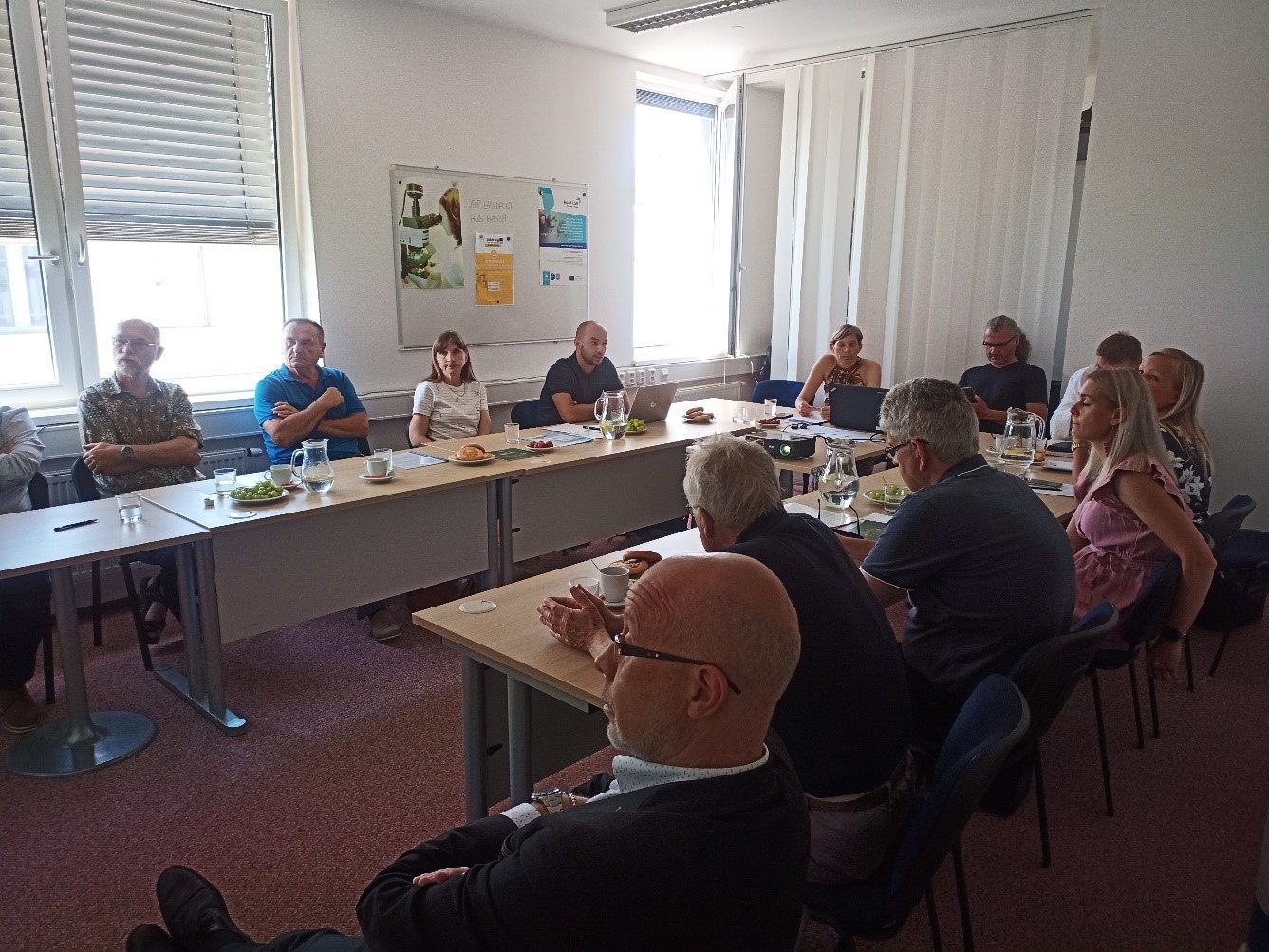Since September 2017, the Region of Crete is conducting a survey on CSR incorporation in local SMEs as well as in local authorities.
One of the main conclusions we came up with, through our thematic study on CSR, was the lack of data on CSR practices in SMEs in Crete. In addition to our intention to identify some local best practices in regional level, RoC decided to conduct a preliminary survey on CSR. 1.938 questionnaires have been sent to a wide range of enterprises and local authorities, until today, we have answers from 49 enterprises and 14 authorities.
These are some interesting conclusions from our survey on CSR incorporation in regional enterprises:
35 out of 49 incorporate CSR practices in their business. The following table indicates the type of CSR practices they apply in their business.

12 out of 14 that do not have CSR practices, intend to incorporate them in the future, mainly because they think that this will improve the image of their business, contribute to society and improve the working environment. The deterring facts for the other 2 entrepreneurs who are not willing to implement CSR in the future are the lack of time, information and specialized personnel as well as bureaucracy.
29 out of 49 respondents declared that the cost of implementing CSR practices is remarkable but not deterrent, only 4 of them declared that it is deterrent.

Considering the economic crisis, we are facing as a country, it is notable that 43 of them think that implementing CSR practices can contribute in the viability of their business.
The 2nd Regional Thematic Seminar was dedicated to local SMEs that responded to the above questionnaire and expressed their interest in participating in a seminar on CSR. The main purpose of the 2nd seminar was to get in touch with local companies raise their awareness on CSR, identify their needs and best practices regarding CSR, present ROAD – CSR’s goals and start an interactive dialogue on RoC Action Plan on CSR.
During the seminar, the participants had the opportunity to introduce themselves, present their CSR practices, their results and problems encountered. Main conclusions raised by the companies’ representatives’ interventions, were the lack of motivation and policy framework by policy makers (tax exemptions, financing tools etc) as well as the importance of capturing the needs of the local community and their fulfillment through the implementation of CSR practices.
The survey is on-going, and the electronic form of the relevant questionnaire is available in Greek at the following link: ris3.crete.gov.gr/csr_region_of_crete/
The project team of ROAD-CSR in the Region of Crete are: Katerina Vlasaki (coordinator, [email protected]), Katerina Rousaki (communication manager, [email protected]) and Thalia Roukounaki (financial manager, [email protected]).

